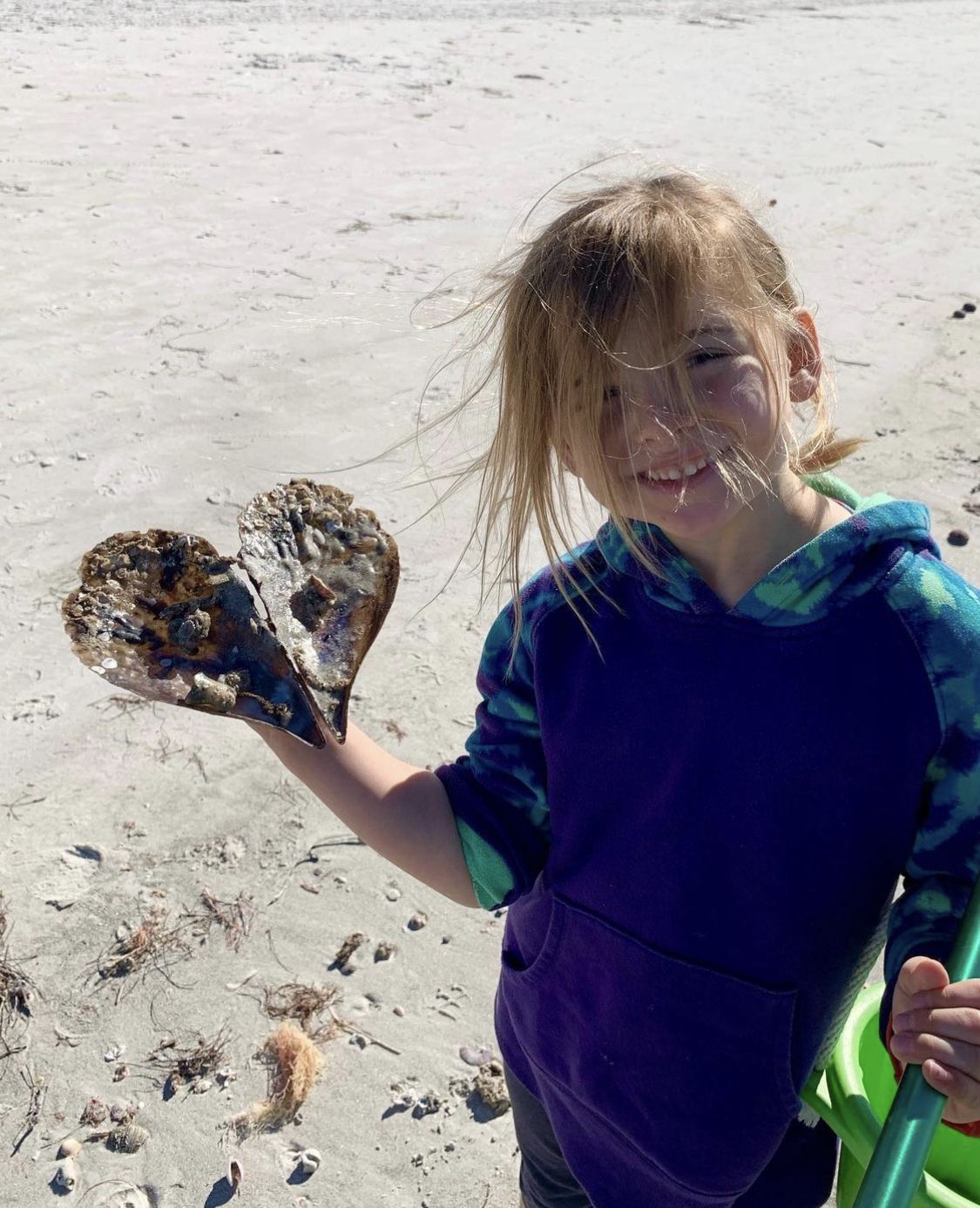These past few years have been tough and things still feel a bit different. Even in transitions, we still find ourselves grateful for so much. The flexibility we have, our teachers, and our families are still at the top.
This is the first that we’re embarking on a school wide unit.
With so many science-minded kids, some of them getting their marine science unit getting cut short a few years ago because of COVID, considering where we live, that one of our themes for this unit is responsibility and that some of them are beginning their independent inquiry project journey for the first time, it only made sense to collaborate on a marine science unit together to finish this year.

When planning for this unit, we made sure to tackle it together, but still individualize and keep it rooted in project based learning.
Our early elementary students are focusing on marine animal classification, habitats, adaptations, how scientists collect data, coral bleaching, and coral restoration.
Our late elementary and middle school students are studying ocean zones, lies and myths about marine animals, rare animals, and if scientists can tell if marine animals have feelings.
And finally, our high schooler are focusing on estuaries, how FL’s ecosystems are connected to the Caribbean islands and their economies.
They’re all participating in clean ups (from the beaches to Bayboro Harbor) and creating something with what they’ve found. Our littles – a trashin’ fashion show, our middles – informational booklets that they can distribute to local partners, and our high schoolers – are planning on hosting a food festival.
Even with a similar theme, content and expectations can be adjusted, experiences incorporated, and experts brought in.
In just one short month, they have already done so much to build background information and spark curiosity. And they haven’t even gotten to the “good stuff” yet.
Grateful for the space to continue trying new things for our teachers and students.









